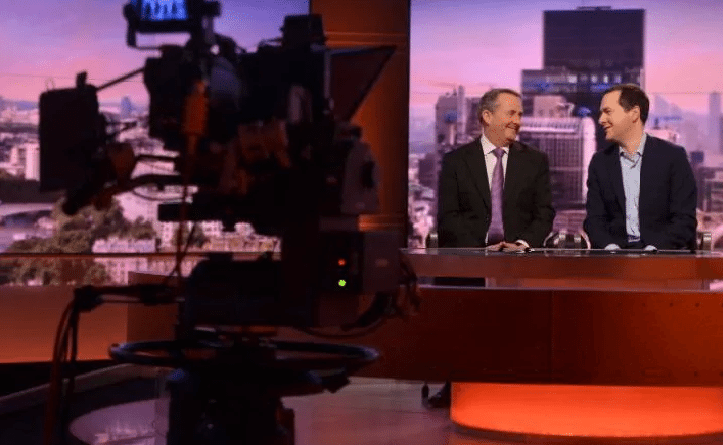 According to The Telegraph Britain could be like Turkey and stay part of the customs union after leaving the European Union, Liam Fox has said in first broadcast interview since his promotion to Cabinet.
According to The Telegraph Britain could be like Turkey and stay part of the customs union after leaving the European Union, Liam Fox has said in first broadcast interview since his promotion to Cabinet.
The news came as George Osborne, the former Chancellor, said that Mrs. May should not to have “red lines” on issues like immigration in her Brexit negotiations.
The customs union includes all 28 EU member states, alongside Turkey, Monaco, San Marino, Andorra and non-EU UK territories such as the Channel Islands.
Turkey’s customs union only covers goods, but not services or finance which is a large part of the UK’s GDP. Crucially there is also no freedom of movement between Turkey and the EU.
Pressed on the Andrew Marr programme, Dr Fox, the international trade secretary, said: “We want to look at all the different things, it’s not binary.
“I hear people talking about hard Brexit and soft Brexit as though it’s a boiled egg we’re talking about.
“It’s a little more complex. So Turkey, for example, is in parts of the customs union, but not in other parts.”
When asked whether he was open to staying inside the customs union, Dr Fox said: “I’ll argue my case inside Cabinet, rather than on the programme. I remain… instinctively a free trader.”
“The Government will come to a collective view on this once we’ve looked at all the issues.
“It’s correct that we do so, because we can’t go for a quick result, we have to get the right result.
“Whatever result we do come to, we have to be able to put in front of the British people the reasoning for coming to that result.”
He also indicated that the Government would pursue a transitional arrangement with EU officials to preserve single market access before striking a fresh trade deal with the bloc, saying “we can’t go for a quick result”.
Last week Philip Hammond, the Chancellor, lent his support for Britain to agree a transitional trade deal with the European Union after Brexit.
He said it would be “generally helpful” to have a longer period than the two years afforded under the Article 50 process to hammer out future trade arrangements.
On the same programme, Mr Osborne Britain needed a “hard-headed assessment” about issues such as whether to leave the customs unions.
Mr Osborne – who was one of the leaders of the failed Remain campaign ahead of the EU referendum – told the Andrew Marr programme: “I would not go into this negotiation necessarily drawing red lines.
“I would say we are leaving the EU – that’s the only red line I would draw – let’s go in there and try and get the best deal for Britain.”
Mr Osborne urged the Government not to discard existing free trade deals in Europe in the search for new ones elsewhere.
He said: “You can’t say we are a beacon of free trade in the world and the main thing you achieve is a huge act of protectionism, the biggest in British industry.”
Mr Osborne also criticised the target Mrs May agreed to as Home Secretary to get net migration down to the tens of thousands, which he said should not include students.
He said: “When I was the chancellor I thought it was not sensible to include them in the figures. But that’s got to be a collective decision.”
He warned jobs in the financial sector could move to New York if Britain gets its Brexit negotiations wrong.

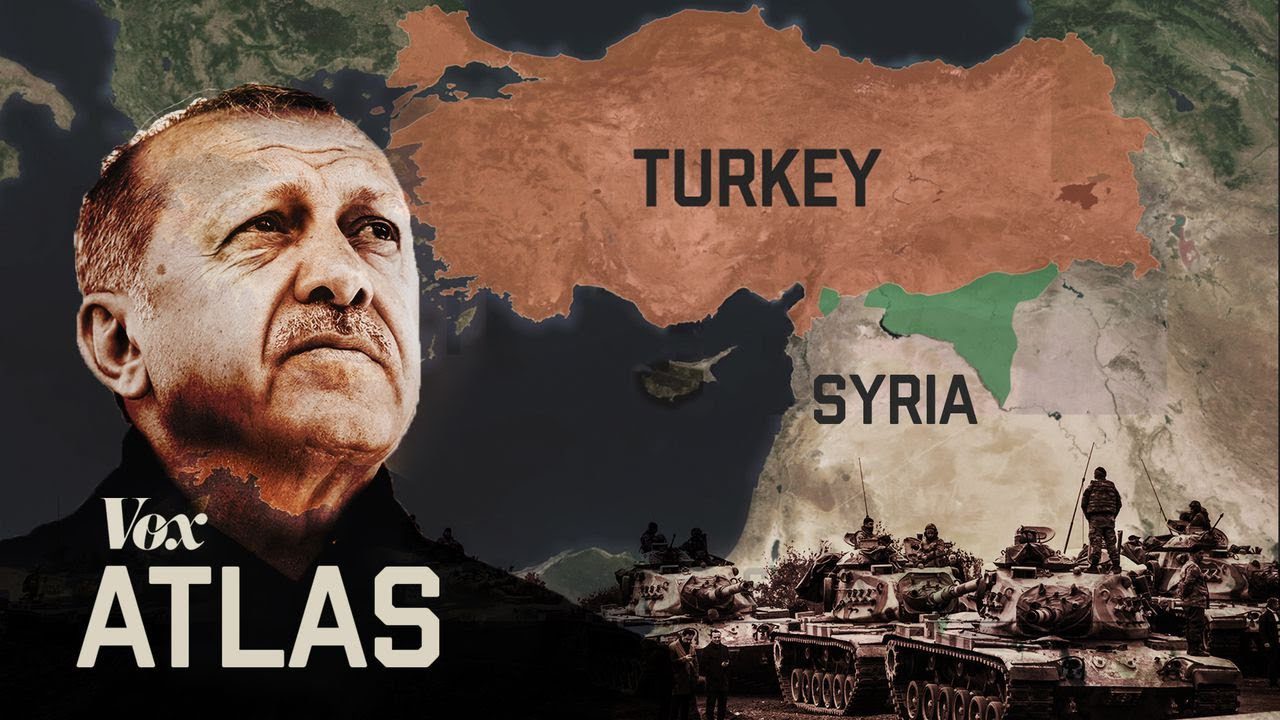
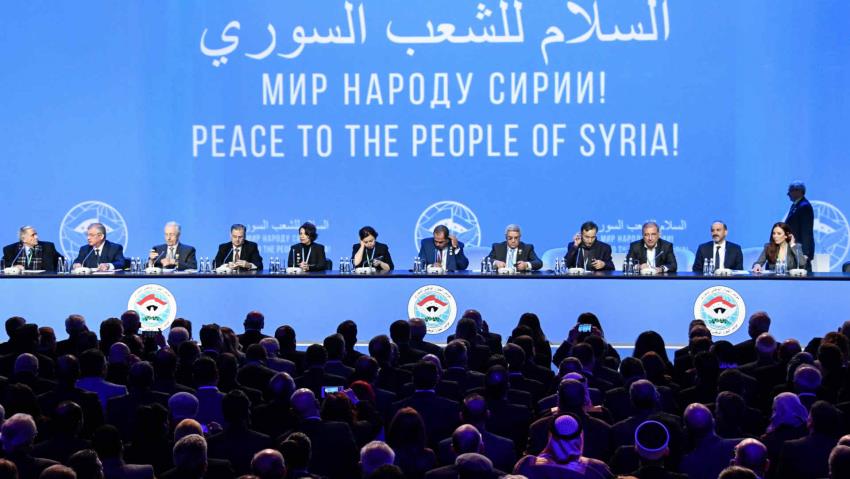
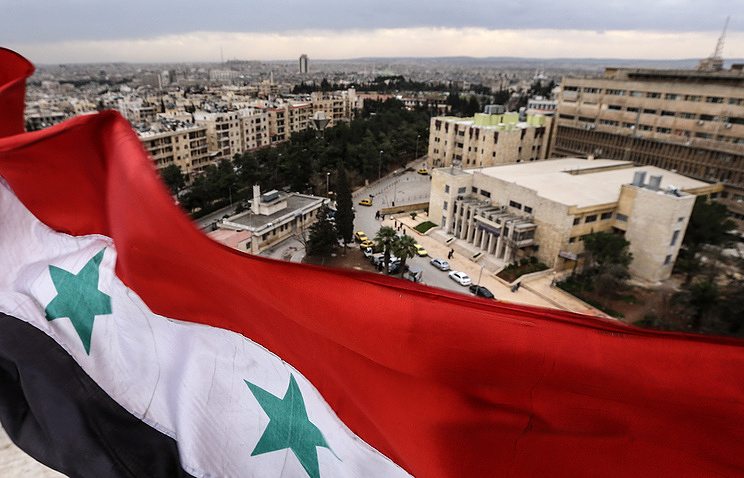
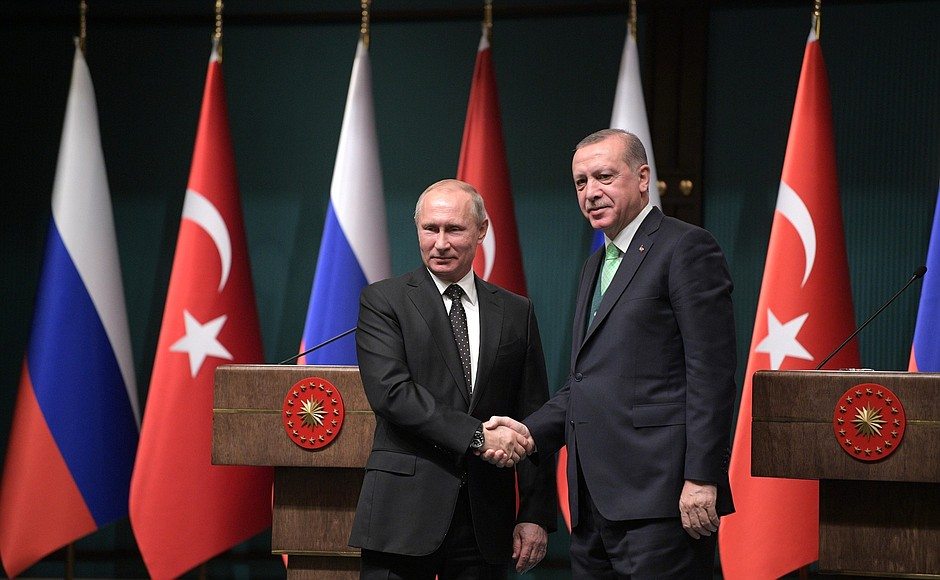
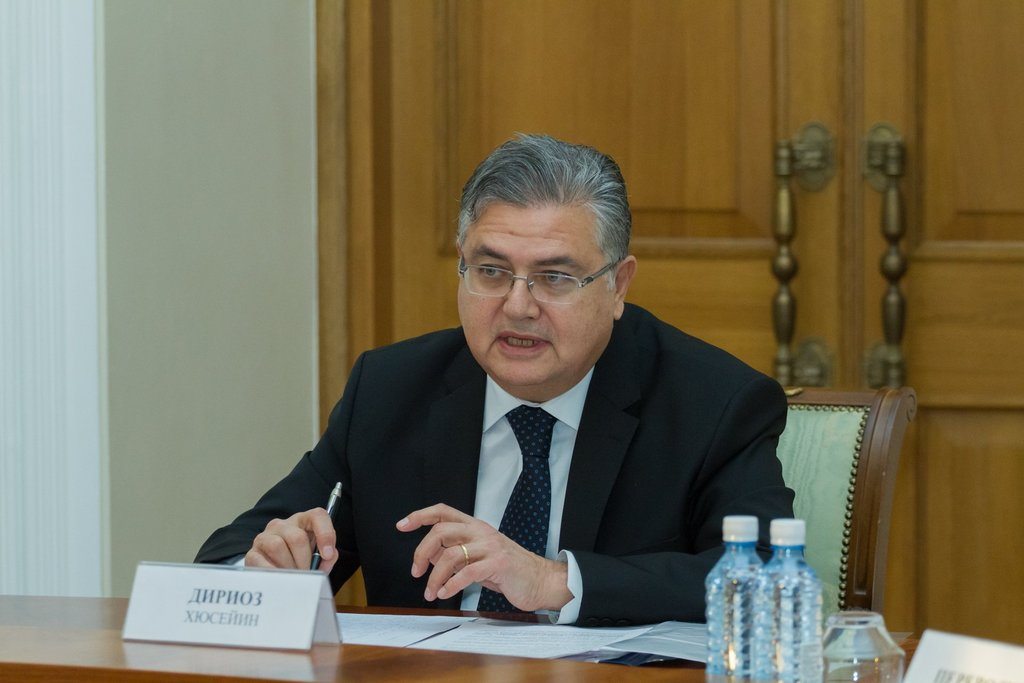
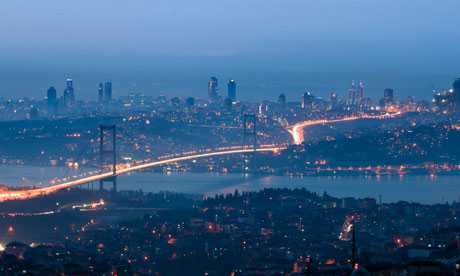
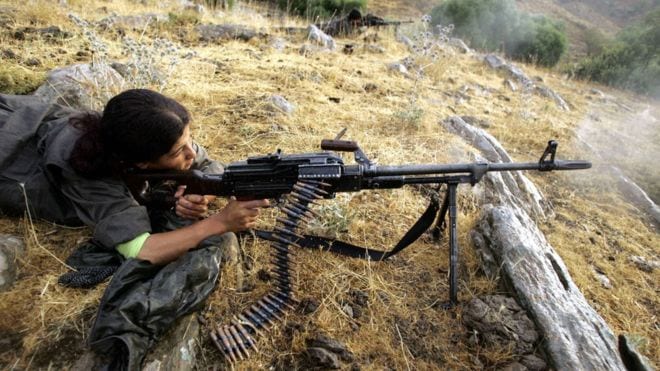
 Counter-terror police in Edinburgh are carrying out a major investigation into fears a Kurdish rebel group is being financed from the city.
Counter-terror police in Edinburgh are carrying out a major investigation into fears a Kurdish rebel group is being financed from the city.
 According to The Telegraph B
According to The Telegraph B